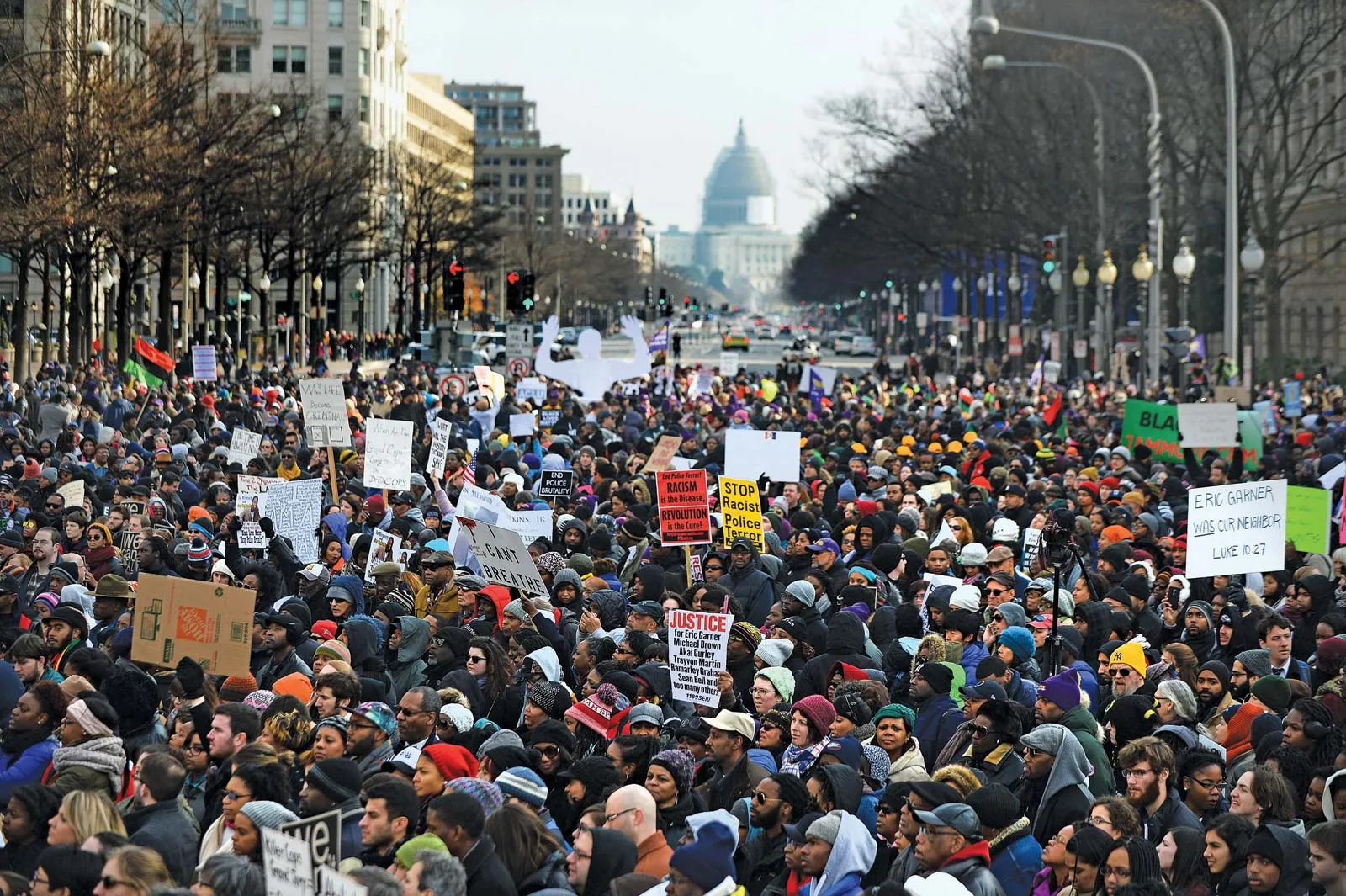By: Chloe Ong
On Wednesday evening, August 7, thousands of people across England joined protests against racism in various cities and towns.
People from London, Liverpool, Bristle, and Newcastle all came together to express support for refugees and immigrants. Many of the protests were peaceful, serving as a counter-response to the anti-immigration riots that have occurred across England and North Ireland over the past week. However, violence and disorder erupted in some areas, leading the police to make some arrests. Police reported significantly less violence and damage on Wednesday night compared to previous days.
Anticipating anti-immigration protests on Wednesday, thousands of police officers prepared ahead of time. Yet supporters of immigrants and refugees turned out in large numbers at sites where anti-immigrant protests had been planned, outnumbering the people who are against immigration. They even carried signs that said “refugees are welcome here” and “racists go home.”
Mark Rowley, the Chief of the Met Police, described the operation that night as “successful.” According to a BBC article, he stated, “We put thousands of officers on the street and I think the show of force from the police and frankly the show of unity from communities, together defeated the challenges that we’ve seen.”
Multiple anti-immigration protests have been happening over the last week across England and Northern Ireland because of an event in Southport. Far-right groups who have excessive views planned some demonstrations, often related to immigration, race, and national identity. Not everyone who attended the protests was connected to these far-right groups. False information spread online inaccurately claimed that the situation in Southport was linked to illegal immigration, encouraging a few protesters.
Earlier during the week, Prime Minister Sir Keir Starmer vowed that communities impacted by the riots would be kept safe during a significant meeting with government ministers and members of law enforcement. According to a BBC article, he said people participating in the anti-immigration protests would “feel the full force of the law.”
“That should send a very powerful message to anybody involved, either directly or online, that you are likely to be dealt with within a week,” he also stated.
Both the government and the Office of Communications, which regulates all activities of the communication industries in the UK, which includes the TV, radio, and online sectors, blamed social media platforms for the role they have played during these current events. The government declared that much more action needs to be done to discontinue the spreading of false information.
The events of August 7 highlighted a pivotal moment in England’s struggle against racism and misinformation. While the day saw a strong display of community support for immigrants and effective policing, it also underscored the persistent issue of false information stimulating divisive protests. As England navigates these challenges, the need for accurate information and unified action remains significant.











